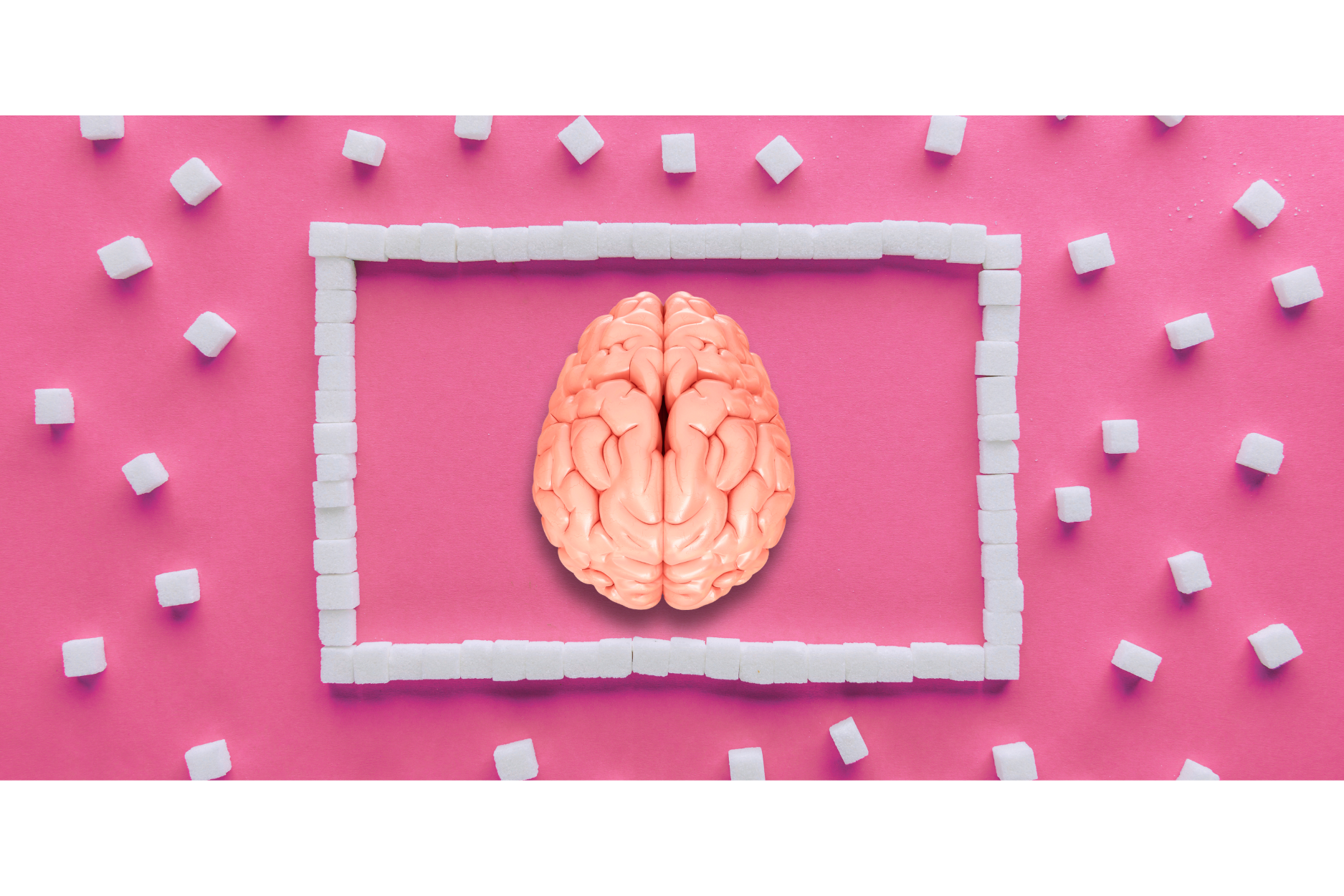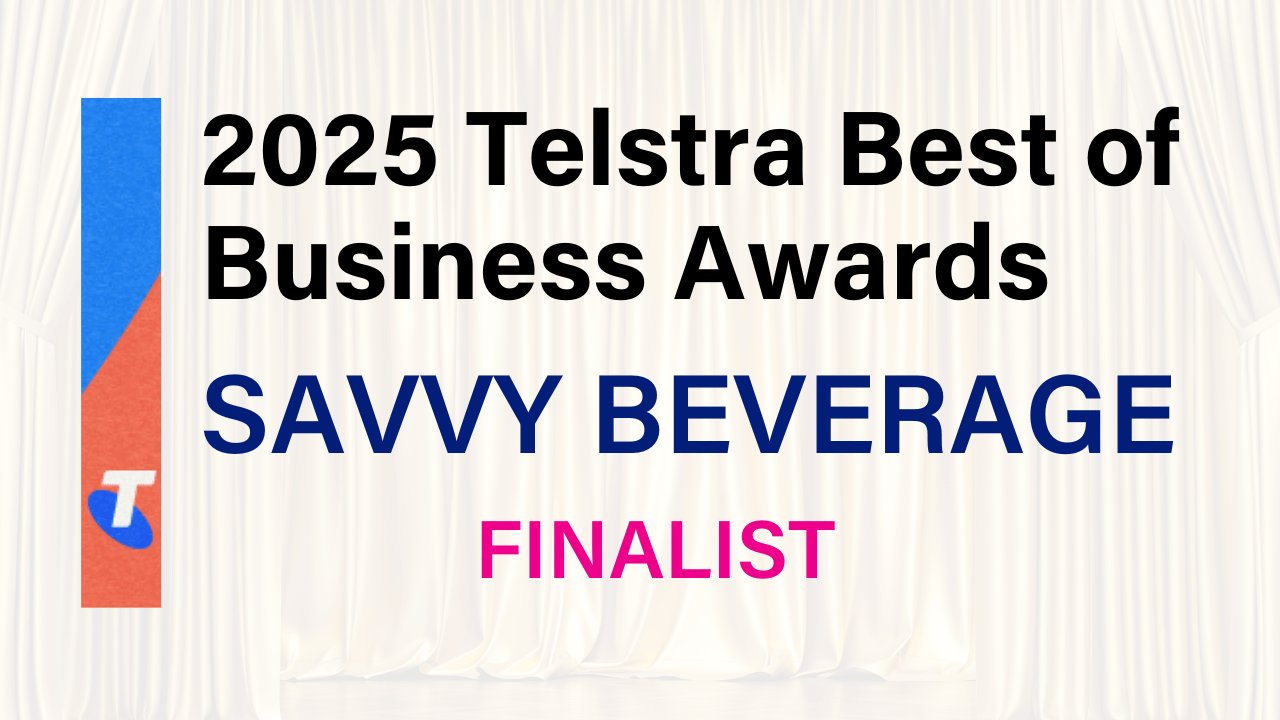
How Sugar Affects the Brain: Links to Stress, Depression, and ADHD
Sugar isn’t just a matter of waistlines and weight gain. It has a direct effect on your brain and mental health. While most people know that too much sugar can harm physical health, fewer realise that it can also worsen stress, anxiety, depression, and even attention disorders like ADHD, especially in children.
In this blog, we’ll explore how sugar impacts your brain chemistry, why it’s addictive, the connection between sugar and mood disorders, and what this means for children who consume high amounts of sugar. Most importantly, we’ll also look at what you can do to reduce sugar without losing sweetness in your life.
Article at a Glance
|
Why We Crave Sugar
Humans are hardwired to love sweetness. Our ancient ancestors relied on this instinct to avoid poisonous foods and choose energy-rich fruits. Today, though, sugar is added to countless processed foods, and the craving mechanism that once protected us is now working against us.
That instant “feel good” boost you get from lollies, chocolate, or soda is temporary. In the long run, it leads to fatigue, mood swings, and a greater risk of mental health challenges. The bittersweet truth: what comforts you now can harm you later.
“Sugar can also weaken immune defenses, making it harder to fight off illness. Supporting your body with nutrient-rich superfoods can help.
The Science: How Sugar Impacts Mental Health
1. Serotonin Crashes

Sugar can cause a rapid spike in serotonin, the neurotransmitter often called the “happiness molecule.” That’s why sweet foods feel comforting when you’re tired or stressed. But the effect is short-lived. Within an hour or two, serotonin levels plummet, leaving you feeling worse than before.[1]
|
Instead of relying on sugar highs for energy, try smarter nutrition—discover how superfoods and nootropics can fuel long-lasting focus .[2]
|
2. Brain Inflammation

Chronic sugar intake increases inflammation in the brain. Scientists now understand that inflammation plays a role in depression and anxiety. When the brain is inflamed, communication between neurons weakens, making it harder to regulate mood. .[3]
3. Suppression of BDNF

Brain-Derived Neurotrophic Factor (BDNF) is a protein essential for creating new brain cells and protecting against cognitive decline. Sugar suppresses BDNF, increasing vulnerability to depression and even conditions like Alzheimer’s. .[4]
4. Stress Hormone Surges

High-sugar foods cause blood sugar spikes, followed by sharp drops. This triggers a stress response where cortisol and adrenaline flood the system. The result? Heightened anxiety, irritability, and feelings of stress. .[5]
| High sugar intake can worsen stress and anxiety by spiking cortisol levels. Finding ways to balance stress naturally is just as important—here’s a deeper look at how calming nutrients can support mental wellness .[6]
|
What Research Tells Us
-
A cross-national study across six countries found a strong correlation between sugar consumption and depression rates..[7]
-
Frequent consumption of fast food and baked goods increases the risk of depression by up to 38%..[8]
-
Regular consumption of sweetened drinks significantly increases the chances of developing depression..[9]
-
A study found that sugar and processed grains increase depression risk, while fruits and vegetables reduce it..[10]
The evidence is clear: diets high in added sugar fuel mental health struggles.
Sugar and ADHD in Children
One of the most pressing concerns is the impact of sugar on children’s brains. Kids are especially vulnerable to sugar’s addictive effects, as their brains are still developing and highly sensitive to dopamine spikes.
Sugar and Hyperactivity

Parents often notice that after sugary snacks or drinks, children become restless, hyperactive, or moody. While research doesn’t show sugar as the sole “cause” of ADHD, evidence suggests that children with ADHD are more sensitive to sugar’s effects. High sugar intake may worsen impulsivity, difficulty concentrating, and emotional outbursts. .[11]
Dopamine Sensitivity

ADHD is associated with irregular dopamine signalling in the brain. Since sugar strongly stimulates dopamine release, it can temporarily make children feel focused or energised. .[12]
But the crash afterward often leaves them more irritable and unfocused, aggravating ADHD symptoms.
Long-Term Risks

Excessive sugar can also increase inflammation and disrupt sleep, both of which worsen ADHD management. While sugar isn’t the root cause, reducing it can play an important role in improving children’s mood stability, focus, and behaviour. .[13]
The Problem with Artificial Sweeteners
Cutting sugar often leads people toward “diet” products sweetened with chemicals like aspartame or sucralose. While these don’t contain calories, they are not harmless.
Your gut microbiome, sometimes called the “second brain,” produces up to 90% of your body’s serotonin. Artificial sweeteners disrupt this microbiome, leading to imbalances linked to depression, stress, and brain fog.
That means diet sodas or artificially sweetened protein powders may do more harm than good for mental wellbeing.
Sugar as an Addictive Substance
The cycle of craving, bingeing, and crashing resembles patterns seen in substance addiction. Breaking free requires both awareness and practical strategies.

Sugar addiction is real. Studies show that sugar stimulates the brain’s reward system even more intensely than cocaine..[14]
That explains why it’s so hard to quit and why sugary foods feel irresistible.
The cycle of craving, bingeing, and crashing resembles patterns seen in substance addiction. Breaking free requires both awareness and practical strategies.
Healthier Alternatives to Sugar
Natural Plant-Based Sweeteners
Monk fruit and stevia, calorie-free, natural, and hundreds of times sweeter than sugar.
Sugar Alcohols
Xylitol, erythritol, isomaltose, lower-calorie options that don’t spike blood sugar as strongly.
Natural Sugars (in moderation)
Honey, maple syrup, molasses, yacon syrup, provide some nutrients but should still be limited.
|
Avoid: Artificial sweeteners like aspartame, saccharin, or sucralose, as they disrupt gut health and mood balance. |
How to Cut Back on Sugar
One of the most effective steps to lowering your sugar intake is to swap, not just stop. Instead of reaching for high-sugar snacks like biscuits, soft drinks, or chocolate bars, look for healthier alternatives that still satisfy your taste buds.
-
Check Food Labels. Sugar hides under many names (corn syrup, juice concentrate, malt sugar).
-
Swap Drinks. Choose water, sparkling water, or herbal tea over soda and energy drinks.
-
Pick Better Desserts. Dark chocolate, fresh fruit, or yoghurt instead of cakes or biscuits.
-
Eat Whole Carbs. Brown rice, oats, and whole grains provide energy without big spikes.
-
Challenge Yourself. Track your sugar intake and aim to gradually reduce it.
If you’re someone who craves sweets in the afternoon or after dinner, you can try Savvy Calm Nootropic Bars. [15]
They’re naturally delicious, made with functional ingredients to support stress relief and focus, and crafted without sugar. It’s a guilt-free way to enjoy a treat while also nourishing your body and mind. Instead of battling cravings, you’re giving yourself something both satisfying and beneficial.
Final Thoughts
Sugar is more than an innocent indulgence. It’s a substance that directly alters your brain chemistry. Excessive sugar increases the risk of stress, anxiety, depression, and may worsen ADHD symptoms in children. While it’s unrealistic to eliminate sugar completely, the goal should be moderation and smarter swaps.
By understanding how sugar impacts the brain and choosing healthier alternatives, you not only protect your physical health but also nurture your mental wellbeing. For children, these choices can make a lifelong difference.
References:
[2] Greens powder and nootropic greens
[3] High-fat or high-sugar diets as trigger inflammation in the microbiota-gut-brain axis
[5] Sugar and hormone connections
[6] 10 Proven Ways to Reduce Anxiety and Stress
[7] A cross-national relationship between sugar consumption and major depression?
[8] Fast-food and commercial baked goods consumption and the risk of depression
[10] Dietary recommendations for the prevention of depression
[11] Sugar and hyperactivity: A critical review of empirical findings
[13] Effect of sugar on behavior and mental performance
[14] Sugar addiction: is it real? A narrative review







